The longest, and heaviest of the short film nominees are usually the documentaries, and this year is no exception. With many pushing up to 40 minutes, they operate as almost mini-features, with compelling subject material and a multitude of captivating characters. They range from intimate to sprawling, from inside a hospital room, to out on the Mediterranean Sea. Their subjects deal with racism, immigration, illness, death, and community.
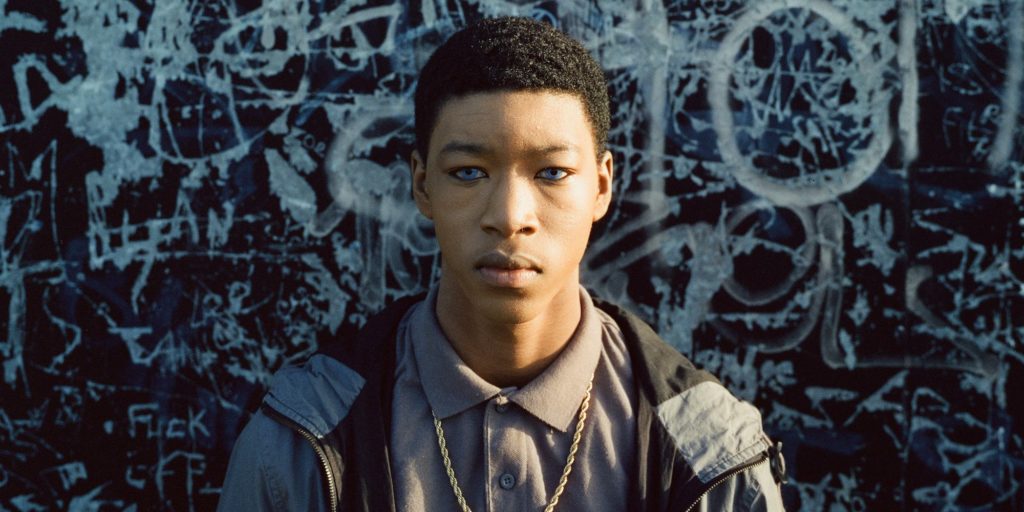
The first film is Black Sheep, which chronicles the life of a young Nigerian-Brit, specifically when he was a small child. After the murder of a 10-year old black boy, Cornelius’s mother believes her family is not safe and decides to move them from London to a rural estate. Unfortunately, the area is filled with racists, and Cornelius experiences harassment and discrimination nearly every day. Unable to discuss his problems with his parents, Cornelius decides the only way to escape his pain is to bleach his skin and wear blue contact lenses in order to appear white. He manages to pass off as lighter skinned and even joins a gang of teens with a penchant for attacking black kids. Although the toxic environment certainly plays a role in the choices Cornelius makes, he and the filmmakers are smart enough to know that the willingness to commit atrocities comes from a feeling of entrapment, not just by one’s peers or community leaders, but also from within our own personal lives, as Cornelius recounts how his relationship with his father became increasingly strained due to the father’s emotional distance and own personal struggles. Cutting back and forth between an extreme close-up of Cornelius talking directly to the camera, the anger and sorrow etched across his face, and dramatizations of the events he describes, Black Sheep is a raw, devastating portrait of a life surrounded by human ugliness, and how isolation and rage can create monsters.
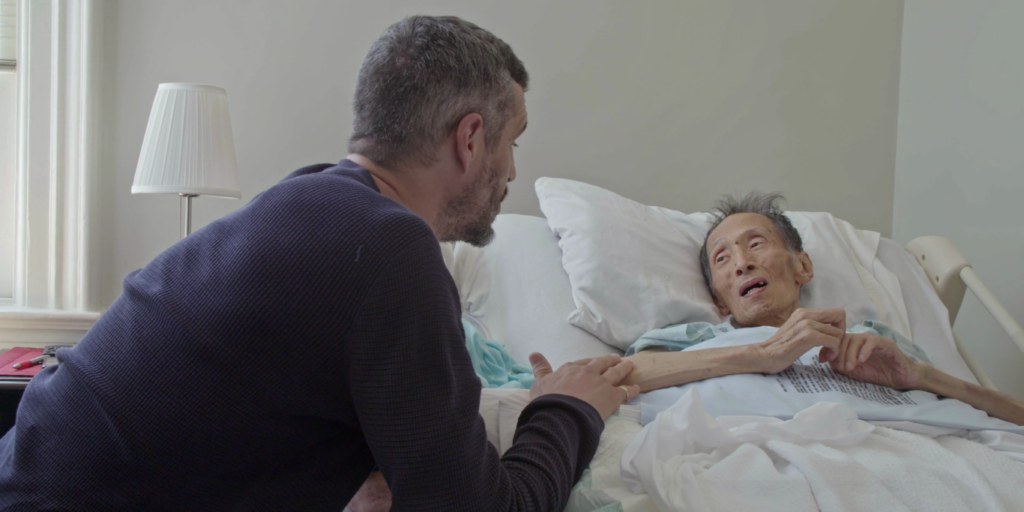
Next, we have End Game, directed by the most prolific nominees of the bunch, Rob Epstein and Jeffrey Friedman, whose previous works include the Oscar-winning Common Threads: Stories from the Quilt and The Celluloid Closet. This short, the longest at 40 minutes, focuses on the relationships between medical practitioners and their cancer-ridden patients, and the process of treatment through palliative care. Any story which involves cancer is expected to be a tear-jerker, and this short certainly has its emotional moments, but what sets it apart is the case for palliative care, one which is both medical as well as a spiritual treatment for the body and mind. One of the major relationships in the short is between an Iranian wife, named Mitra, and her family and doctors as they discuss treatment options and how to prepare for the worst, resulting in some of the film’s most powerful moments. But while the filmmakers and doctors encourage people to grieve, it’s like one of the doctors says at the end: “Grief ain’t easy. We’re wired to run away from death, but dying is a part of life.” With all the raw and emotional pain we experience in saying goodbye to a loved one, and the deep sadness we feel knowing that we will never see each other again, it’s natural to feel sorrow, but what makes End Game unique is its encouragement for us to feel our emotions as part of living in a state of being. For all the emotions we experience, especially the ones that carry a heavy weight for us when we are cognizant of the real possibility of death, are the very essence of what it means to be alive.
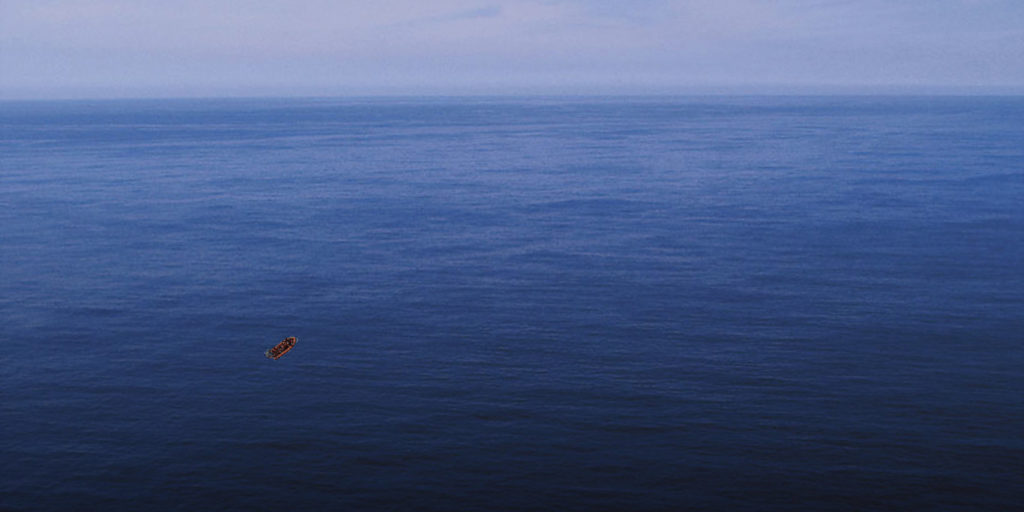
The third short, Lifeboat, also grapples with death, albeit in more harrowing situations as countless North African migrants risk their lives to seek refuge in England by passage across the Mediterranean Sea. But as the film tells us, 1 in 18 people end up drowning during the perilous journey, as the dead bodies on shore presented in the short’s chilling opening attest to. Coming to aid the migrants is the group Sea-Watch, a non-profit, volunteer-run organization whose job is to find migrant boats and carry them onto their ships before they drown or die of dehydration. There is a long, suspenseful sequence as we watch and pray that the Sea-watch crew gets to everyone in time, followed by testimonies from several refugees telling the stories of how they are fleeing to escape slavery, imprisonment and rape in their home countries. We hear from so many people, I could almost imagine the filmmakers pushing this to feature length to help give us more insight into the identities of these people and the experiences they’ve been through. One of the major team members of Sea-watch, the late Jon Castle, sums up the drive to save these people’s lives, saying, “Your heart starts operating more than your head. It tells the truth when you listen to it.” The short contains material we are, sadly, all too familiar with as we’ve seen countless times before in news coverage as well as a multitude of documentaries on the subject, most notably Sea of Firefrom a few years ago. But its’ familiarity serves as a call for urgent action in these desperate times.
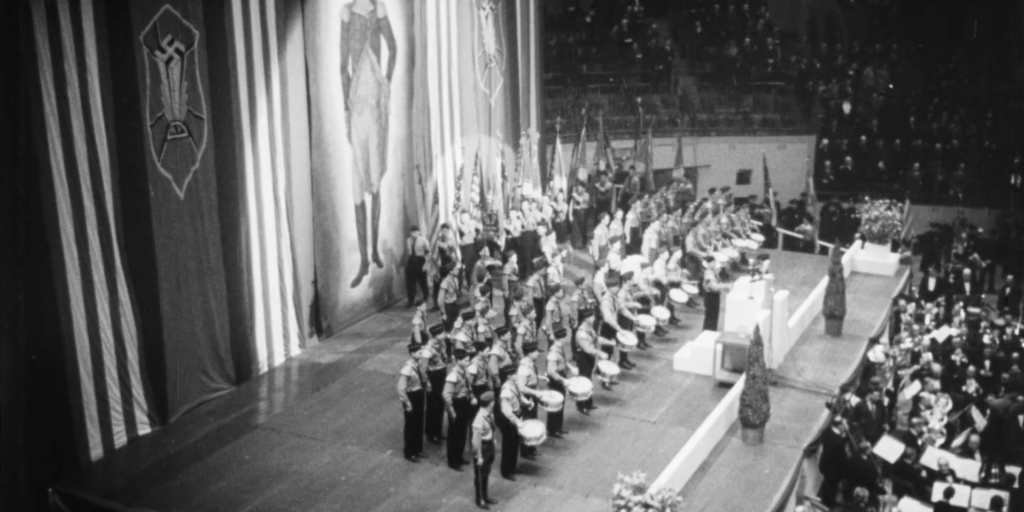
The next film is also the shortest one, running at a mere 7 minutes. A Night at the Garden presents archive footage of the Nazi rally at Madison Square Garden on February 20, 1939. While it is initially jarring to watch this footage, especially seeing Nazis flags coupled with a mural of George Washington, and a speaker opening the rally with the Pledge of Allegiance, it is very easy to understand the purpose of this short’s existence, as Neo-Nazism has experienced a kind of revival in recent years under President Trump, and the images we see are meant to shock and provoke us. One moment during the rally where a person is attacked and taken off the stage with his pants down reminded me very much of Trump dismissing protestors and barking orders to “get ‘em out of here”. While the saying “less is more” is a solid adage to follow, the film could actually do with a little more footage, as well as background information on the formation of the German American Bund, the American pro-Nazi organization which held the rally, as well as its speaker, Fritz Julius Kuhn
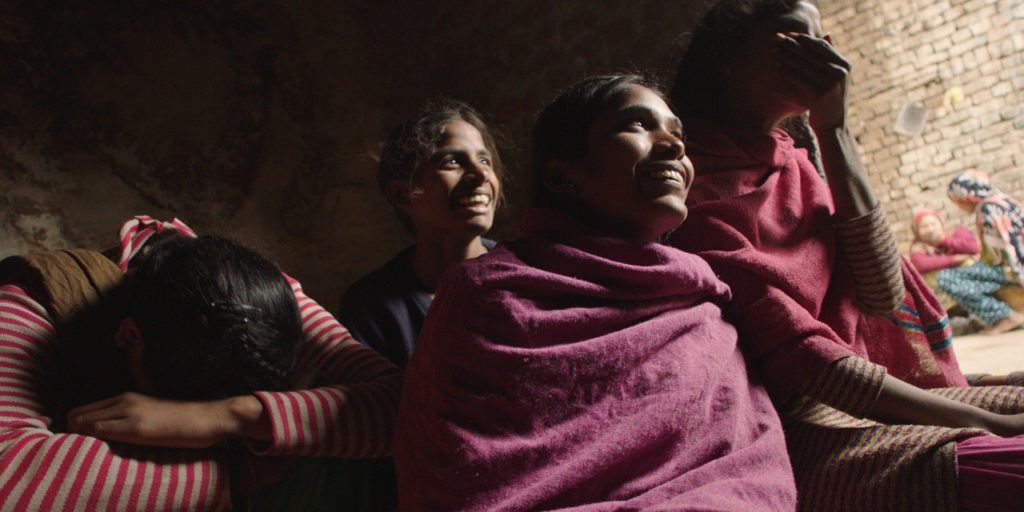
Finally, we have Period: End of Sentence, the lightest of the nominees and the most likely to be a crowd pleaser. The focus is centered on the people of a rural village in the Hapur District, 60 km from New Delhi. When it comes to the point in a girl’s life where she starts becoming a woman and has her first period, many of the girls know very little about the protocols regarding sanitary pads and other safety measures. The men know even less (when a group of young men are asked by the director to explain what a period is, one of them asks, “Like a class period?”), and no one really discusses topics like menstruation with each other. It is considered so taboo, women are forbidden to enter temples to pray if they’re in the middle of their menstruation cycle. But all that changes when entrepreneur Arunachalam Muruganantham creates an innovative invention, the sanitary napkin machine, with the goal of raising India’s usage of sanitary napkins to one hundred percent from its current status of less than ten. Looking for labor, the women in the village are offered the chance to help develop the napkin pads. Some greet the job with trepidation, while others leap at the opportunity, like Sneha, who wants to be a cop to escape the predetermined fate of living as a housewife. But eventually, all the women become comfortable with their work, and even the men become involved with developing these sanitary napkins, displaying a renewed sense of community and education through technology. This film gives a light touch to the serious issue of sex education, and its intention is to inspire audiences to see a community come together and through the latest state-of-the-art machinery, learn about themselves and one another.
